Founded in 2013 by Katie Whalen, In the Loop Games teaches people, young and old, how to properly function a circular economy using board games
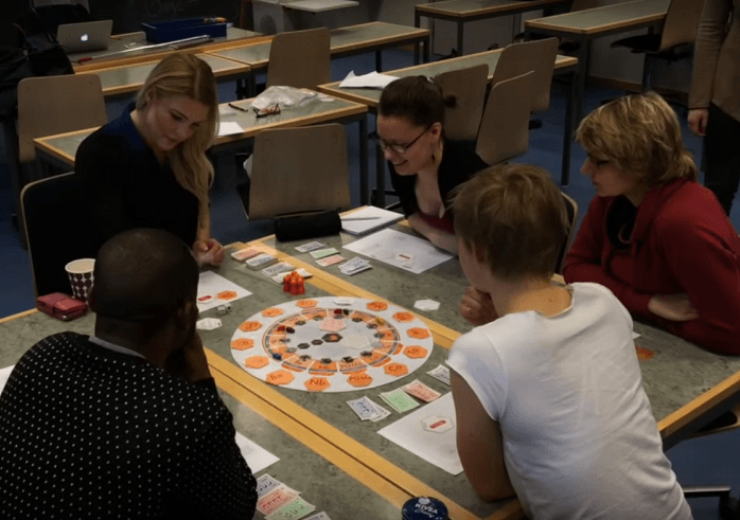
In the Loop Games was first set-up in 2013 (Credit:YouTube, In the Loop Games)
In the Loop Games develops gamified products in an effort to teach people, both young and old, how the circular economy works. Thomas Parker speaks to the founder of the company, Katie Whalen
With natural resources thinning and the ever-increasing need to tackle the issue of pollution, governments and businesses from across the globe are attempting to solve this problem.
Most see the circular economy – a system designed to keep products in use over and again – as a solution but, as a relatively new idea, there is a less than clear understanding of how it works in practice.
This is where In the Loop Games comes in.
The Swedish start-up develops board games designed solely around the circular economic supply chain, in an effort to give people a better understanding of how the system works.
Founder Katie Whalen says: “I am a real big fan of game-based learning, and the circular economy can be a complex subject.
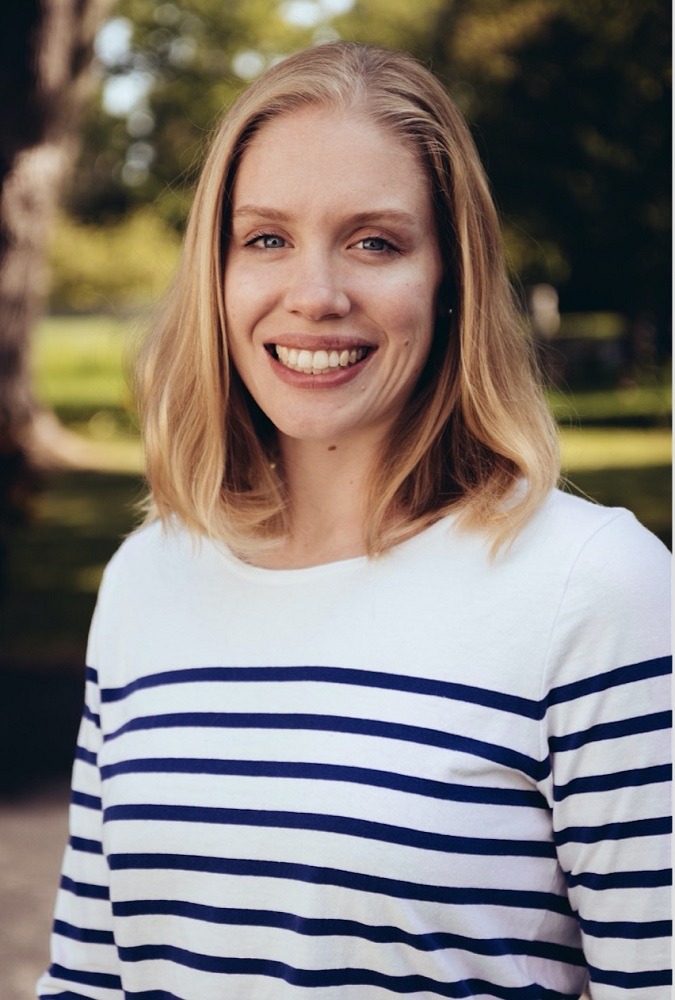
“There are many different parts – preparing, manufacturing, recycling – and there are many different reasons why we need to move towards a circular economy, for example access to resources.
“Game-based learning can always help illustrate some of these things and show this system in a concrete way so that you are able to understand all the moving parts and how they interact.
“It also engages people in the topic and gets them to start thinking critically.
“So it’s the first step in taking action, to reflecting on and actually thinking about what’s happening and what we can do to change this situation.
“Learning is a tool for first recognising the issue and the challenge, and then using it as a communication tool to start the discussion.”
When was In the Loop Games founded?
Katie first became aware of the circular economy while studying for a master’s degree in the Netherlands.
She says: “I originally did product design, and it was there where I focused on not just creating less environmentally harmful products, but really thinking about the whole system behind it.
“As a designer, I am trained in questioning and problem solving, so I think it really goes hand in hand with this idea of the circular economy and making things better – making it better for the environment.”
Katie started to develop the first game, titled In the Loop, towards the end of her course in 2013.
It acts as a broad introduction to the circular economy and getting people to think about how materials work within the system, as well as the challenges faced in using them.
The game focuses on 12 different materials that are found on the periodic table and have been listed as “critical” for human use by the European Commission.
In 2015, Katie worked alongside the European Institute of Innovation and Technology’s (EIT) RawMaterial project, to create In the Loop Games’ second board game, Risk & RACE.
She says: “The Risk & RACE game is focused on more circular business models, so really looking from an entrepreneurial perspective.
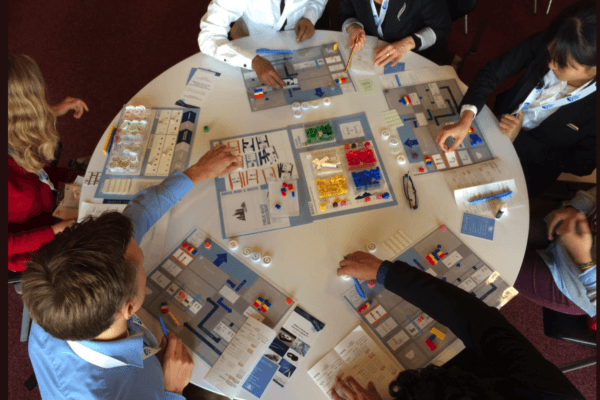
“It looks at how to move towards a more circular business strategy such as product service systems and how this affects your company.
“Also, it looks at the opportunities for your company’s performance and how it affects the financial performance.”
Both games are predominantly played by people in small and medium-size enterprises (SMEs) and higher education, with In the Loop present in more than 20 countries and Risk & RACE in at least 10 countries.
Getting in the Loop: Circular Economy Podcast
In the past year, the company has developed its own podcast, called the Getting In the Loop: Circular Economy Podcast.
Katie came up with the idea while finalising her PhD on business models within the circular economy at Lund University and it launched in April this year.
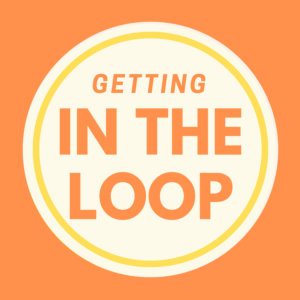
She says: “I really wanted to have a way to engage with people who are really interested in this topic of circular economy.
“I was sitting behind my desk, doing book research and doing some studies of different companies, and I felt like I wanted to speak to people who are doing things.
“I wanted to have conversations that were more up to date than finding out the same information at a conference six months or a year later.”
Featured guests across the podcast series have included Johanna Reimers, CEO of machine vision and learning company Refind Technologies, who spoke about how AI could be used to create a more circular economy, and Ken Webster, author of the book The Circular Economy: A Wealth of Flows.
Katie says: “Ken was talking about how the idea of the circular economy has been evolved over many, many years and his experience working from the beginning with the Ellen MacArthur Foundation, helping to mould what we now know as the circular economy.
“It was interesting to get his perspective and also get his insight on what he thinks we need to be focusing on for the future, so that was one of my favourite episodes.”
What is next for In the Loop Games?
The next step for the business is the development of an updated In the Loop board game, which Katie expects to be out in the next year.
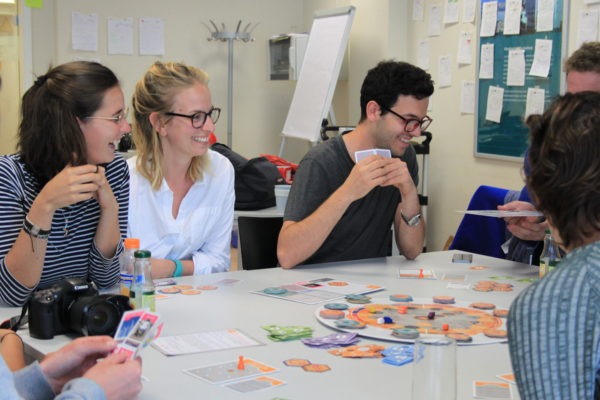
She says: “It’ll probably be quite similar to the original – more of an updated edition – but potentially working in different materials.
“Right now, it is heavily focused on tech products, but we will potentially work in some other products for the new game.
“Because of the demand from different countries, I am also looking into translating the existing games.
“It’s a really good way to create engagement and awareness so to have it available in local languages is a really tremendous opportunity.
”That is the main focus in the future, but also collaborating with organisations that are interested and have ideas for board games.”
